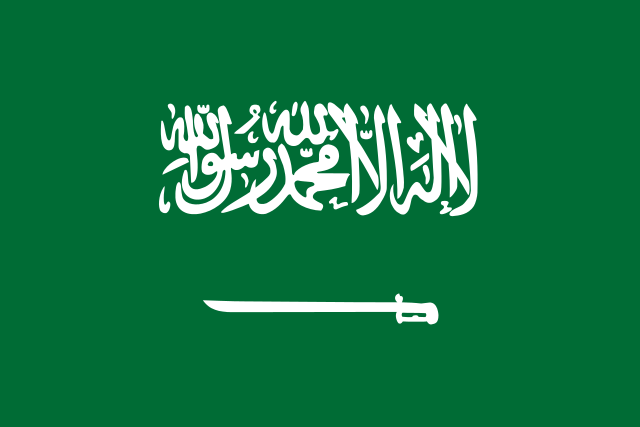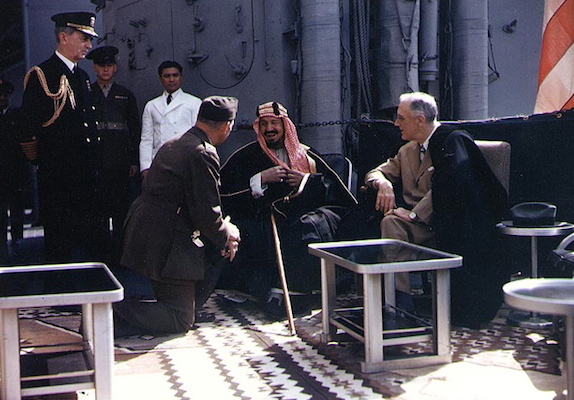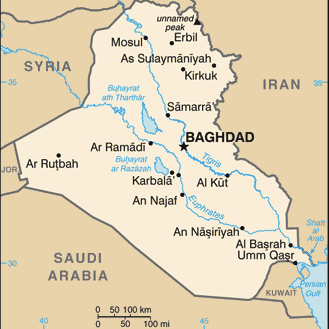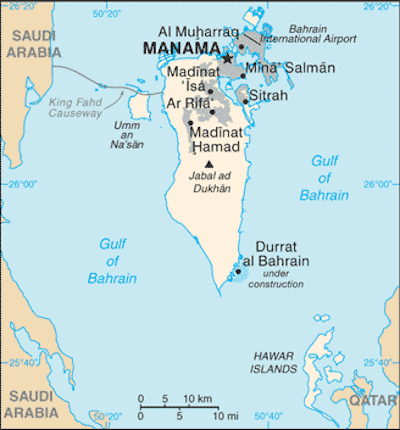Tuesday night the news broke from U.S. government officials that the United Arab Emirates had quietly withdrawn participation in the U.S.-led air campaign in Syria, back in late December.
The United Arab Emirates, a crucial Arab ally in the American-led coalition against the Islamic State, suspended airstrikes against the Sunni extremist group in December, citing fears for its pilots’ safety after a Jordanian pilot was captured and who the extremists said had been burned to death, United States officials said Tuesday.
This suspension of UAE participation stands in stark contrast with their very bold statements about the necessity of entering the war against ISIS in the first place (as well as with their surprising covert bombing run in Libya last year). It particularly contradicts the country’s “bolder stance” that Abu Dhabi Crown Prince Sheikh Mohammed Bin Zayed Al Nahyan has reportedly been trying to project as he acts on behalf of his brother, the president, who had a stroke last year.
But the apparent exit of the United Arab Emirates from the coalition could have a greater effect than a mere propaganda blow. It leaves the coalition essentially in tatters as far as the 6-member Syrian campaign was concerned.
That coalition, helmed by the United States, also consisted of five Arab states: the UAE, Jordan, Bahrain, Saudi Arabia, and Qatar. Qatar — from the beginning in September 2014 — only participated in an undisclosed “support” role without flying any missions. Bahrain, according to reporting by the Boston Globe in November 2014, dropped out of flights after the first day of action over Syria. Just enough to count as a coalition member, I suppose. Jordan suspended flights after their pilot was captured at the end of December. Now we know the UAE did at about the same time.
That leaves only Saudi Arabia still participating (at least as far as we’re aware). Their resolve appears to be far stronger: a suicide attack that left three Saudi border troops dead in early January did not appear to bring a change in course. Nor did the recent death of King Abdullah of Saudi Arabia.

True, the Royal Saudi Air Force is still probably the largest and most plentifully equipped air force of the five countries that joined the United States (or the four that were flying in the September air raids), but the Saudi contribution was already fairly minimal by most accounting. That same Boston Globe report that outed Bahrain’s non-participation found the United States had flown 75% of all missions from September 23, 2014 to mid-November 2014 in Syria and Iraq combined (i.e. even counting the European/Canadian/Australian air campaign participation in Iraq).
Plus, with Saudi Arabia being the biggest ideological force and financial accelerant behind the rise of global hardline Sunni extremism in the first place, it’s hardly comforting or useful to have them by our side in this fight against ISIS.
In any case, unless any of these dropout partners rejoin the fray — and it’s possible Jordan might do so, now that the hostage has been executed — these Syria bombing runs at the heart of the so-called Islamic State will be shouldered by the United States and trailed by an almost imperceptible coalition of one: Saudi Arabia. The irony of the name “Operation Inherent Resolve” could hardly be more obvious.






